Contact Us
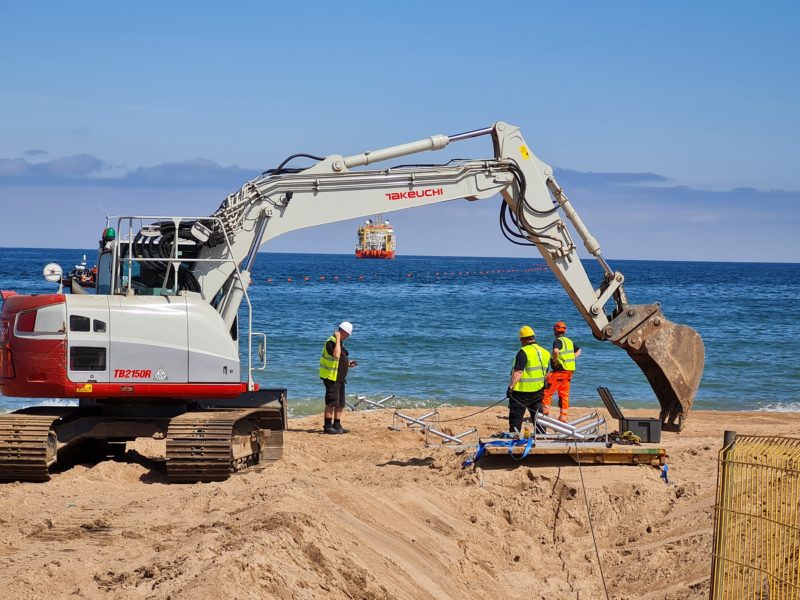
OceanIQ recognise early engagement with fishing organisations as the initial step that is vital to any project. This will involve the Fishing Liaison Officer engaging with the local fisheries stakeholders and setting up introductory workshops with the project team where fishing organisations can talk to the project team, learn about the project and voice any initial feedback.
Based on OceanIQ’s recent experiences, de-conflicting potential issues at such an early stage is an excellent way to build a good working relationship with local fisheries stakeholders which helps the project run smoothly for the remaining lifecycle. Early fishing engagement workshops will also mitigate and reduce the overall number of fishing disruptions and compensation claims to the project owner saving potentially tens of thousands of pounds per claim.
Guard vessels can be deployed to ensure the working corridor is kept clear of static fishing gear to minimise project delays. Similarly, they can be utilised to protect the newly installed cable from mobile fishing gear prior to burial works, reducing damage risk to the cable. Guard vessels are not always required, their use is largely dependent on fishing intensity, risk or conditions of a project permit.
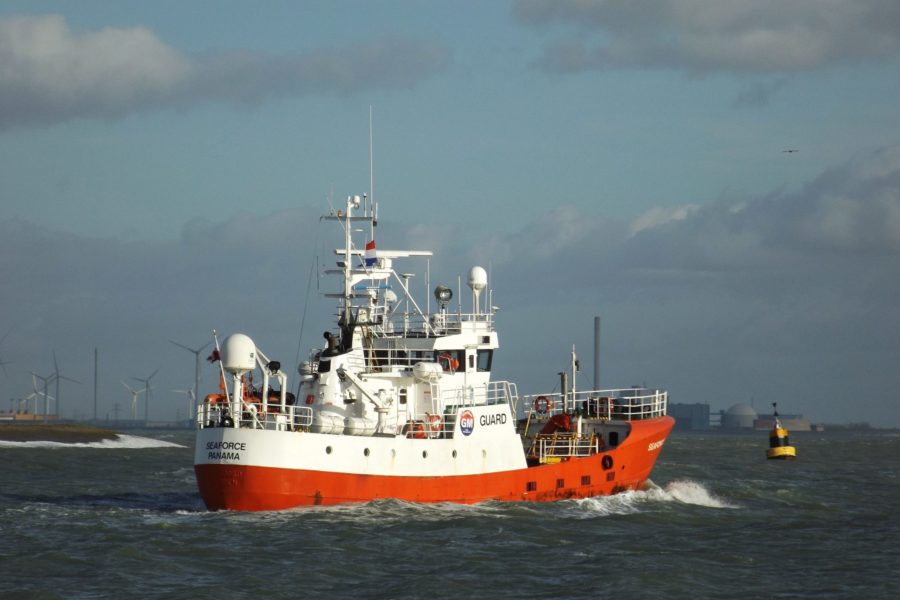
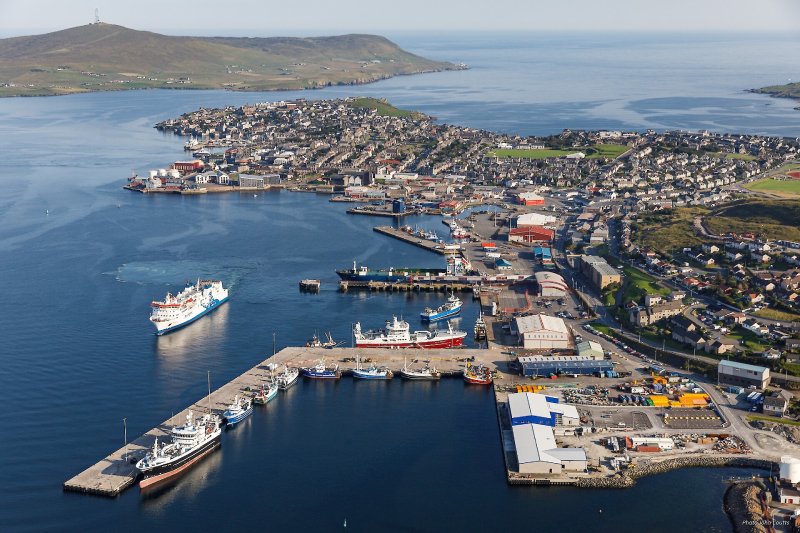
Port tours are essential as they enable the FLO to speak to the local fisheries stakeholders face-to-face. This is a valuable opportunity to highlight any potential concerns of local fisheries stakeholders from the outset. The FLO also uses the port tours to agree clearance distances and ensure no gear is in the vicinity of the survey/ installation works.
It’s natural that throughout the project lifecycle there may be conflict between local fisheries stakeholders and scheduled operations. Even though engagement and mitigation have been conducted from the earliest stage possible, it is not uncommon that when issuing a Notice to Mariners, the sender may receive some replies from stakeholders. In these instances, the FLO is able to effectively and efficiently resolve any unwanted conflicts having built a strong, positive relationship with their contacts.
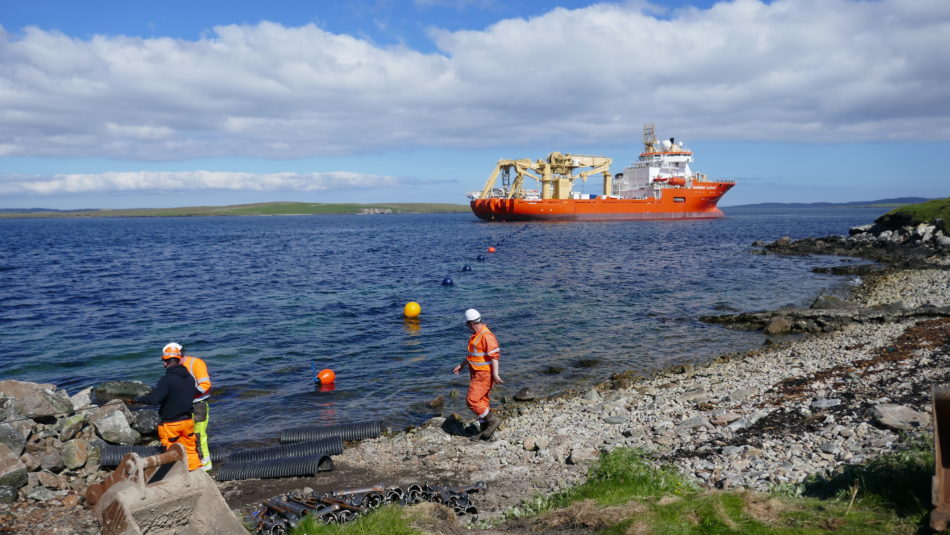
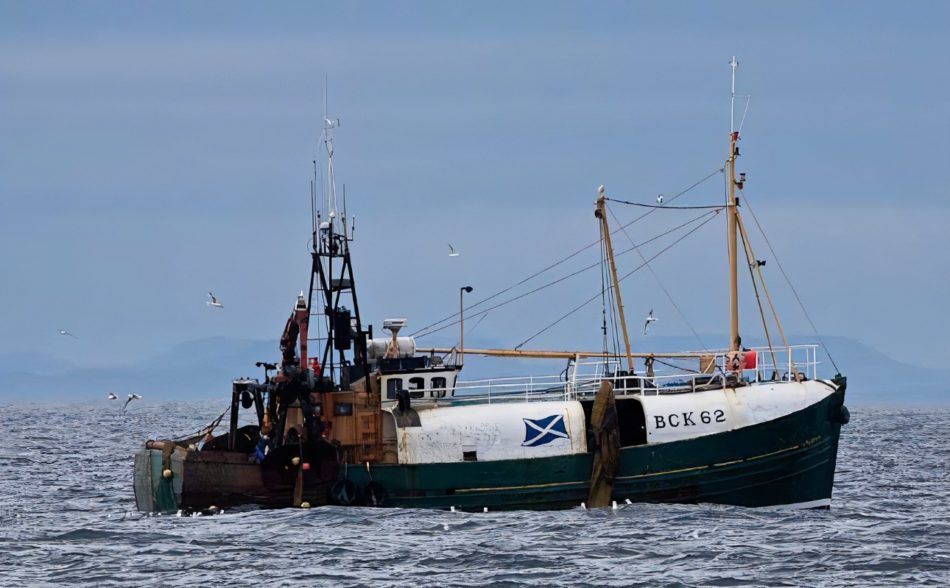
The FAS is a document that is produced to support a marine licence application. The FAS provides an accurate depiction of total fishing activity and target species within the vicinity of proposed works. Additionally, the FAS determines potential impacts to local fisheries stakeholders through consultation. The study will map the overall fishing intensity based on recent AIS data records and identify fishing seasonality/ common gear used. It also includes recommendations suitable for the remaining project.
On some occasions, local fisheries stakeholders may request compensation for disruption to their usual operating locations if there is a loss to their income. The project FLO is able to appropriately and proactively manage arrangements to prevent delays to the project.
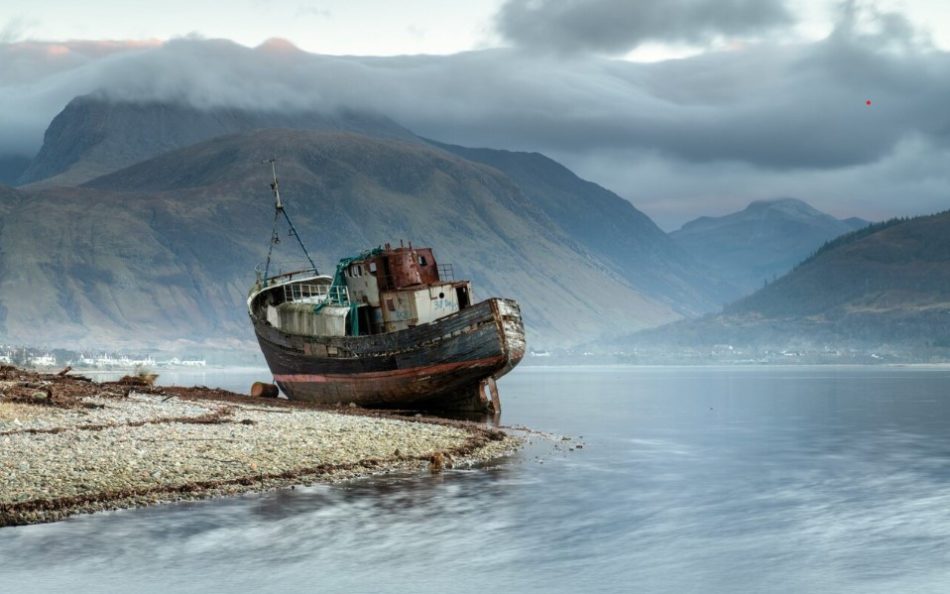
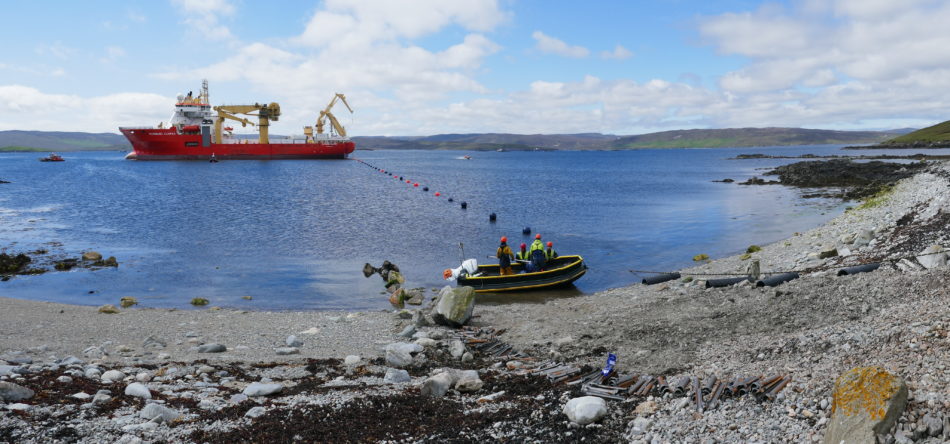
This document details all of the stakeholder consultations and information exchanged throughout the consultation process. Similar to the FAS, this also supports the Marine Licence application documentation. The FLMAP includes an action plan for survey and installation campaigns which the project team will follow to ensure any potential impacts are appropriately mitigated. The FLMAP will also identify the process to be taken in the event of an incident so that the FLO can immediately escalate any potential issues to the relevant authorities whilst keeping the project team informed.
The PFS investigates the various permitting regulatory requirements governing the proposed cable route
Engagement with the authorities and local stakeholders significantly de-risks the permitting aspect of a project
In most cases, crossing and proximity agreements with third party assets are inevitable
Supporting, managing and acquiring the Operational Permits associated with cable installation and maintenance vessels around the world
During the marine licence process, a robust environmental assessment must be conducted to assess potential significant impacts